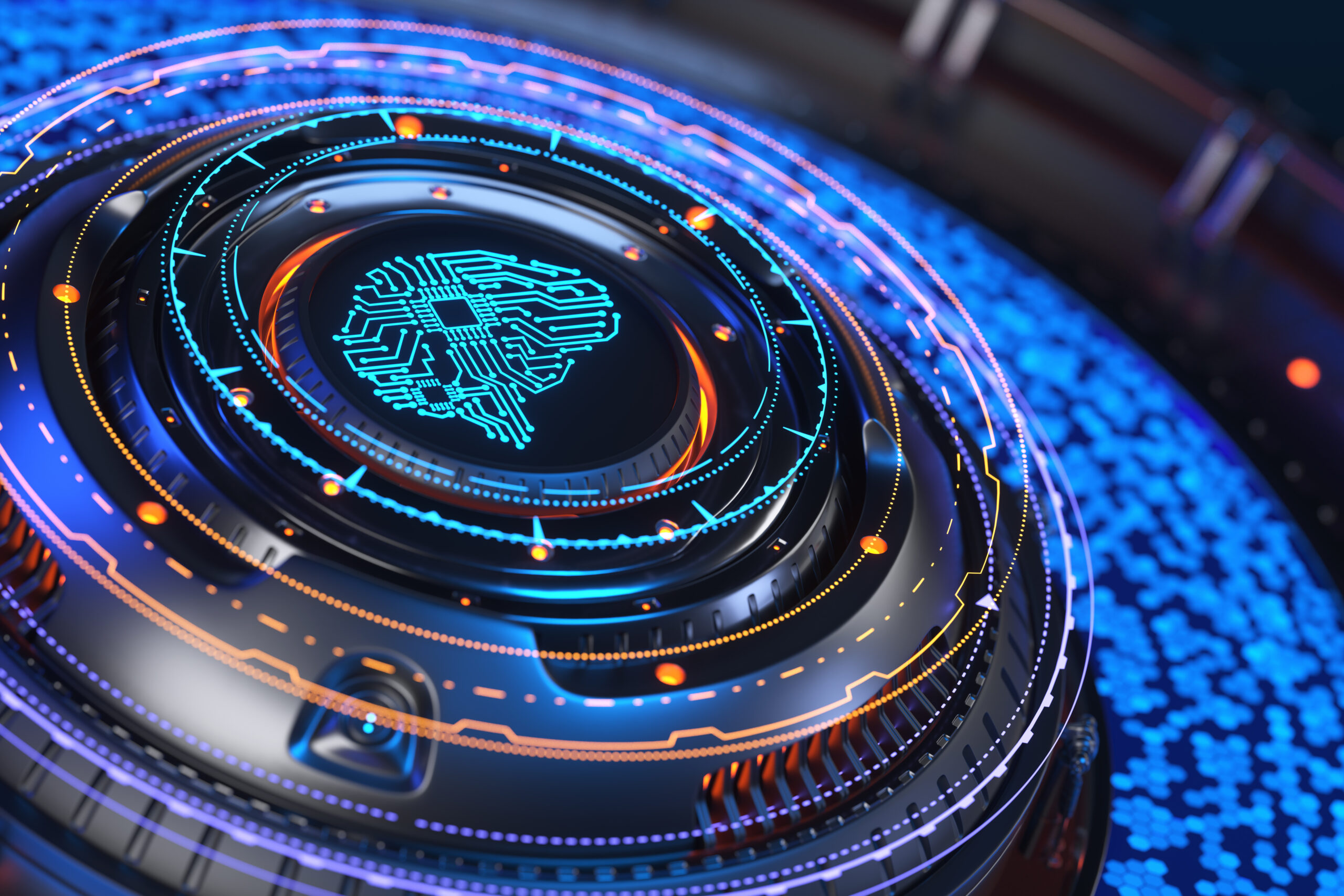
How Intelligent is Artificial Intelligence
The transformative Impact of large Language Models on Business operations
Large Language Models (LLMs) have emerged as a groundbreaking technology revolutionizing how businesses operate. These advanced artificial intelligence (AI) systems, such as OpenAI’s GPT-3.5 (Among many others), can generate human-like text and comprehend natural language. Large Language Models are poised to bring about a paradigm shift in the way businesses operate. From enhancing customer interactions and support to streamlining data analysis and decision-making, LLMs offer a wide range of applications across various business domains. As organizations embrace these advanced AI technologies, they can expect improved operational efficiency, enhanced customer experiences, and the ability to leverage data-driven insights for strategic decision-making. The future of business operations is set to be transformed by the power of Large Language Models.
The entirety of the paragraph you read above was generated but Poe’s Assistant Chatbot which is based on OpenAI’s generative pretrained transformer 3.5 that is (GPT). I did this to prove the point that LLMs can be very convincing when it comes to producing coherent, logical, and accurate dialog that seems completely human. That being said we are faced with a dilemma if these AI chatbots can act convincingly human, should we be worried about our relevance in the world as technology progresses? This leads us to the true title of this article: Is Artificial Intelligence truly intelligent and should we be worried?
To understand the question better correctly we must understand what intelligence is, to remove any presuppositions that we might have on the matter. The Oxford Dictionary defines the word intelligence as “The ability to learn, understand and think logically about things; the ability to do this well” [1], a more robust definition would be “Intelligence is a mechanism to solve problems using information, memory, learning, knowledge, creativity, and physical tools”. AIs tick almost all the boxes, they can understand human input, they learn from preexisting data, they store more information than we could ever process manually, use physical tools, and most importantly, their problem-solving ability is the backbone of the vast majority of modern technology. AI is truly amazing in this respect but the one thing they lack is arguably the most important aspect of intelligence, and that is creativity.
In an experiment conducted by the University of Wyoming [2], raccoons were taught how to use Archimedes’ principle of displacement by dropping pebbles in a metal tube to raise the water level and access marshmallows that were floating on the surface. The Racoons quickly learned the principle and were able to get their treat each time but then something interesting happened some of the Racoons decided to tip the tube over to get their treat. This is the essence of creativity the ability to take existing information and come up with new, and unpredictable behavior and this is something that even the best AIs of our time cannot do because of the way they work, which I have explained below. (There are several different types of AI built using different Architectures but for the purposes of this article I will focus on LLMs like ChatGPT that are based on the Transformer model).
LLMs like ChatGPT work by taking large amounts of public text data from multiple sources and sift through the data to discover statistical patterns in the relationship between words in a given context (unsupervised learning). The model is later fine-tuned with human assistance for specific objectives with the help of human beings (supervised learning). This means the output of any LLM is dependent on the type of data that you train it on and the desires of whoever is training. That means if ChatGPT was trained on information from Apartheid South Africa by a racist individual, the responses it would give would be questionable at best. This is the Achilles heel of AI; they can only produce information based on the input data that they have been trained with. They are not capable of agency and independent thought which are necessary for creativity and ultimately true intelligence. Ultimately modern AIs are tools, really impressive and powerful tools, but tools nonetheless.
In conclusion, to answer the original question AIs though they are impressive, are not truly intelligent, they are modern tools designed to solve modern problems and we should not be worried that they will take away our relevance in the industry. We must learn to use these tools in our day-to-day lives as a launching pad to greater things in our collective industries. However, we must progress responsibly, technological advancements in the past few years have happened so fast laws and regulations have not yet had time to catch up. To quote Jeff Goldblum’s character in the 1993 film Jurassic Park, “Your scientists were so preoccupied with whether or not they could, they didn’t stop to think if they should.” If we are not careful these will be our words in a few years
References
[1] https://www.oxfordlearnersdictionaries.com/definition/english/intelligence?q=intelligence
[2] Stanton, L., Davis, E., Johnson, S. et al. Adaptation of the Aesop’s Fable paradigm for use with raccoons (Procyon lotor): considerations for future application in non-avian and non-primate species. Anim Cogn 20, 1147–1152 (2017). https://doi.org/10.1007/s10071-017-1129-z
[3] Vaswani, A., Shazeer, N., Parmar, N., Uszkoreit, J., Jones, L., Gomez, A. N., … & Polosukhin, I. (2017). Attention is all you need. In Advances in neural information processing systems (pp. 5998-6008).
